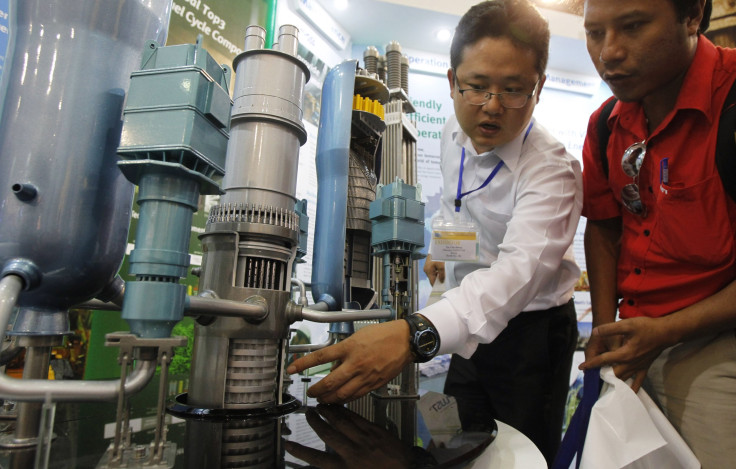Vietnam Nuclear Power Program: National Assembly Scraps Atomic Energy Project With Russia, Japan

Vietnam’s National Assembly voted Tuesday to scrap the country’s nuclear program due to the Southeast Asian nation’s “current economic conditions.” The program included the construction of two multi-billion-dollar nuclear power plants with Russia and Japan.
The government cited lower demand forecasts, rising costs and safety concerns as the reasons behind the scrapping of Vietnam’s first atomic energy project. The government added that the nation will make use of the cheaper renewable energy and power imports at its disposal and invest money in addressing infrastructure needs.
“The Vietnamese government highly appreciates the goodwill and support of the Russian and Japanese governments in the course of the preparations for projects. Vietnam assured Russia and Japan that they are key partners and will receive priority if Vietnam decides to build nuclear power plants in the future, and confirmed that canceling the project will not affect relations with Russia and Japan,” the government reportedly said.
In 2009, the legislature approved plans to build the two plants with the help of Russia’s Rosatom State Atomic Energy Corporation and a group of Japanese firms headed by Japan Atomic Power. The proposed plants, located in central Ninh Thuan province, would have a combined capacity of 4,000 megawatts.
But the estimated investment required for the project had doubled over the years to nearly 400 trillion dong ($18 billion). Construction was scheduled to begin in 2014 but was delayed multiple times.
“We respect our customer’s position, and we are ready to provide the full support to Vietnam when the country continues the implementation of its national nuclear power program,” Rosatom said.
Vietnam’s decision to scrap its atomic energy project is a blow to the nuclear industry which has been suffering setback since the Fukushima nuclear disaster in Japan in 2011.
Environmental organization Greenpeace praised the decision to abandon the nuclear program, adding that it would have been a waste of money when renewable energy options were available.
“The project could also pose an environmental threat, and Vietnam cannot afford to risk another disaster after a toxic industrial leak triggered mass fish deaths earlier this year,” Greenpeace Regional Campaign Coordinator Arif Fiyanto told Reuters.
Great news! Vietnam abandons plan for first nuclear power plants. Let’s switch on renewables ☀☀☀ https://t.co/fk5oWs0Qog pic.twitter.com/sgPmGQXSb4
— Greenpeace (@Greenpeace) November 23, 2016
© Copyright IBTimes 2025. All rights reserved.






















